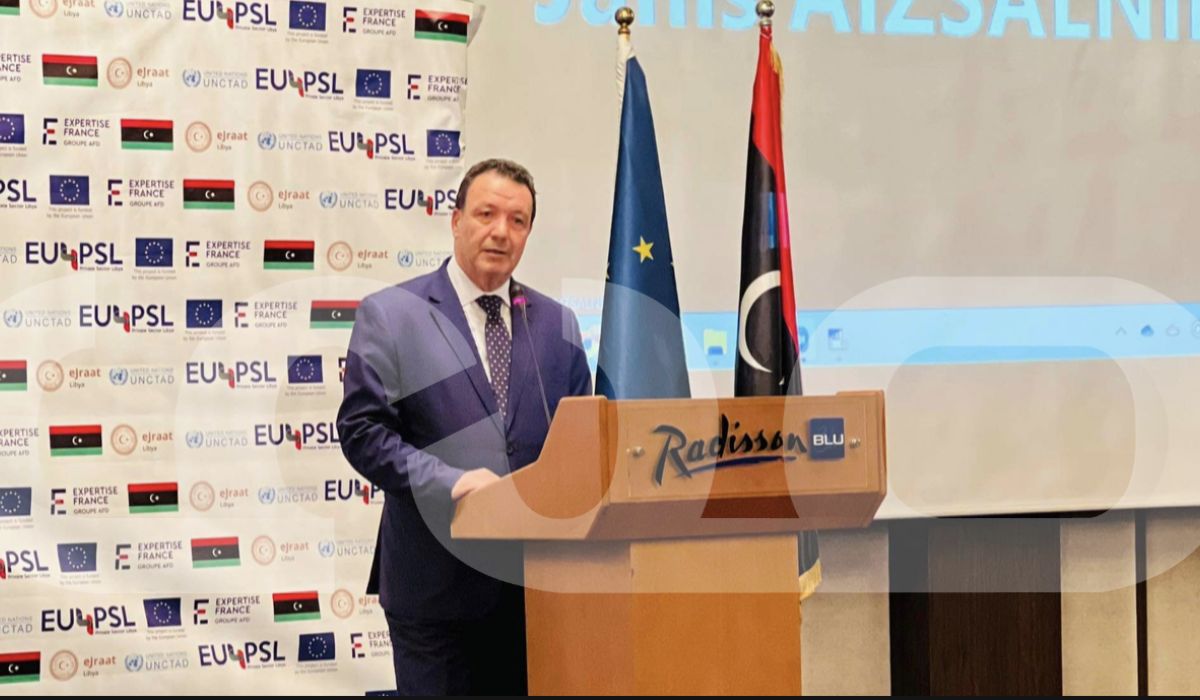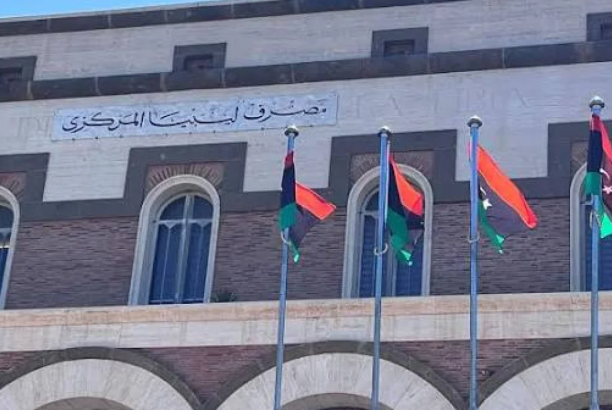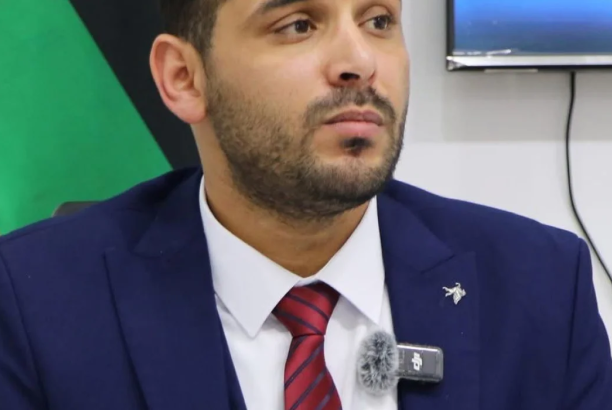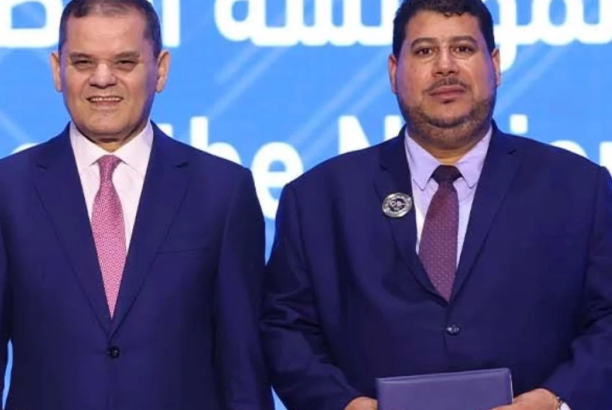
| News
Al-Aswad announces that Al-Huwaij will go to Geneva to obtain a commercial registry system on June 22nd
The Vice-President of the European Union Program to Support the Private Sector in Libya, Mohamed Al-Aswad, said: “Under the auspices of France Expertise, the Minister of Economy, Mohamed Al-Huwaij, will go to Geneva on the 22nd of this month to obtain a new system for the commercial registry.”
This was announced by Al-Aswad in his presentation, in which he participated in a workshop on the national strategy for digital transformation, which was held in Tripoli last Saturday, under the auspices of the National Council for Economic and Social Development.
Communication was also made between Mohamed Al-Aswad and our source, and he denied all of what was reported and confirmed that he has no right to state what was stated and that the Ministry of Economy is the one who has the right to do so.
In contact with the Director of the Technical Department of the Center for Information and Economic Documentation, whose engineers prepared the system that was launched by former Minister Faraj Boumtari early last year and is still available on its website, he stated exclusively to our source that “the system works technically and has no shortcomings and that he sees no justification for wasting money and effort in vain.”
He concluded his statement by saying that “the information center requested the formation of a committee of experts to evaluate the system to see the advanced technologies and capabilities available in it, but that request did not receive -as he knows- any response from the responsible authorities.”
The system that Al-Aswad announced will be an alternative to the system that was developed with local expertise, and the Minister of Economy suspended it from work according to a number of decisions issued by him early this year.
It is worth noting that the countries of the world that seek to build strong economies focus on relying on their people and expertise and localizing technology to enhance their economy, and not to impoverish their countries, marginalize their expertise, and strengthen foreigners.
Seeking assistance from abroad should be only to fill the gap in local efforts and capabilities, and not to abolish them and replace them with alternatives from abroad.
The European Union also needs to take a serious look at the programs announced in Libya, their efficacy, and whether they actually achieve the desired goals.





